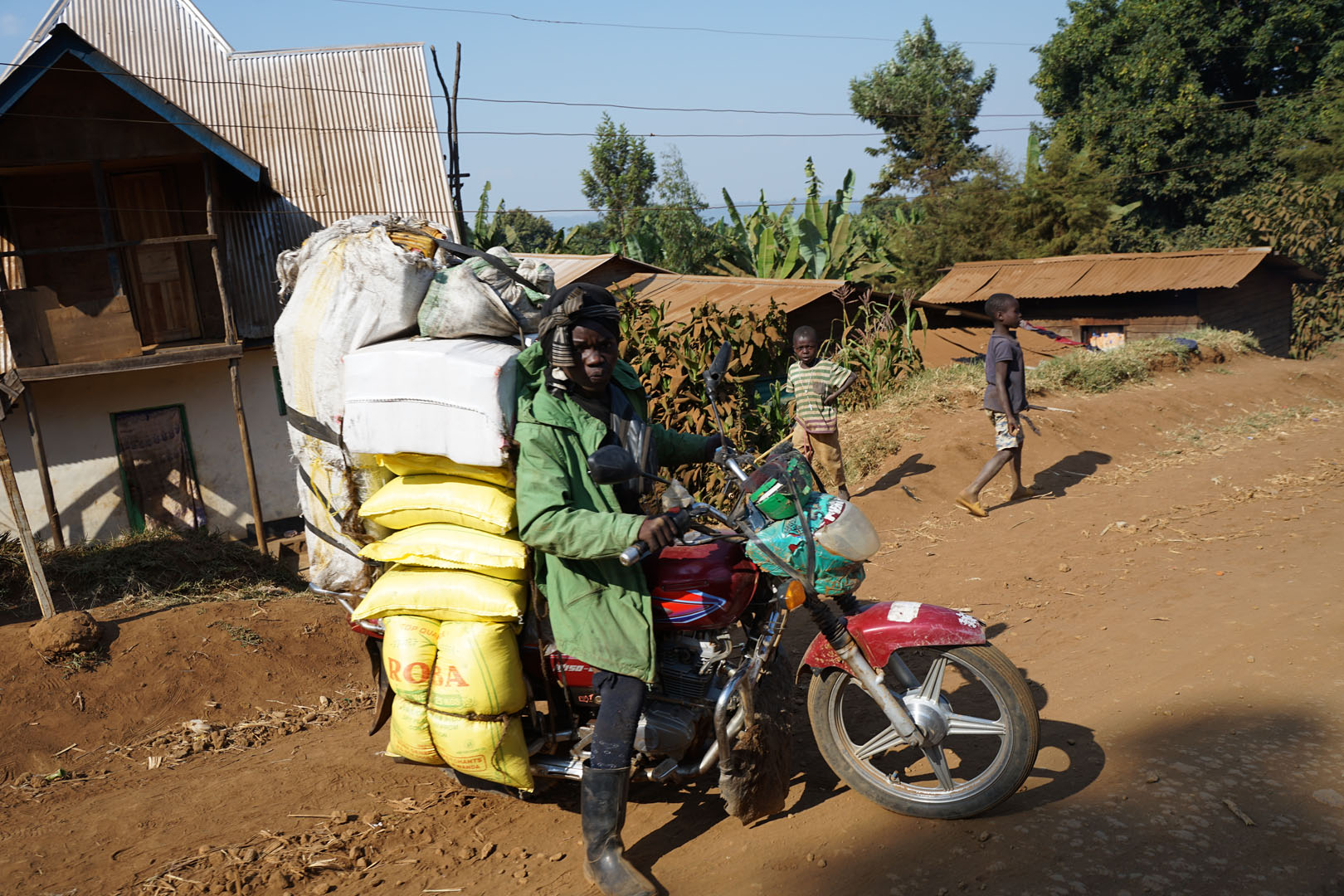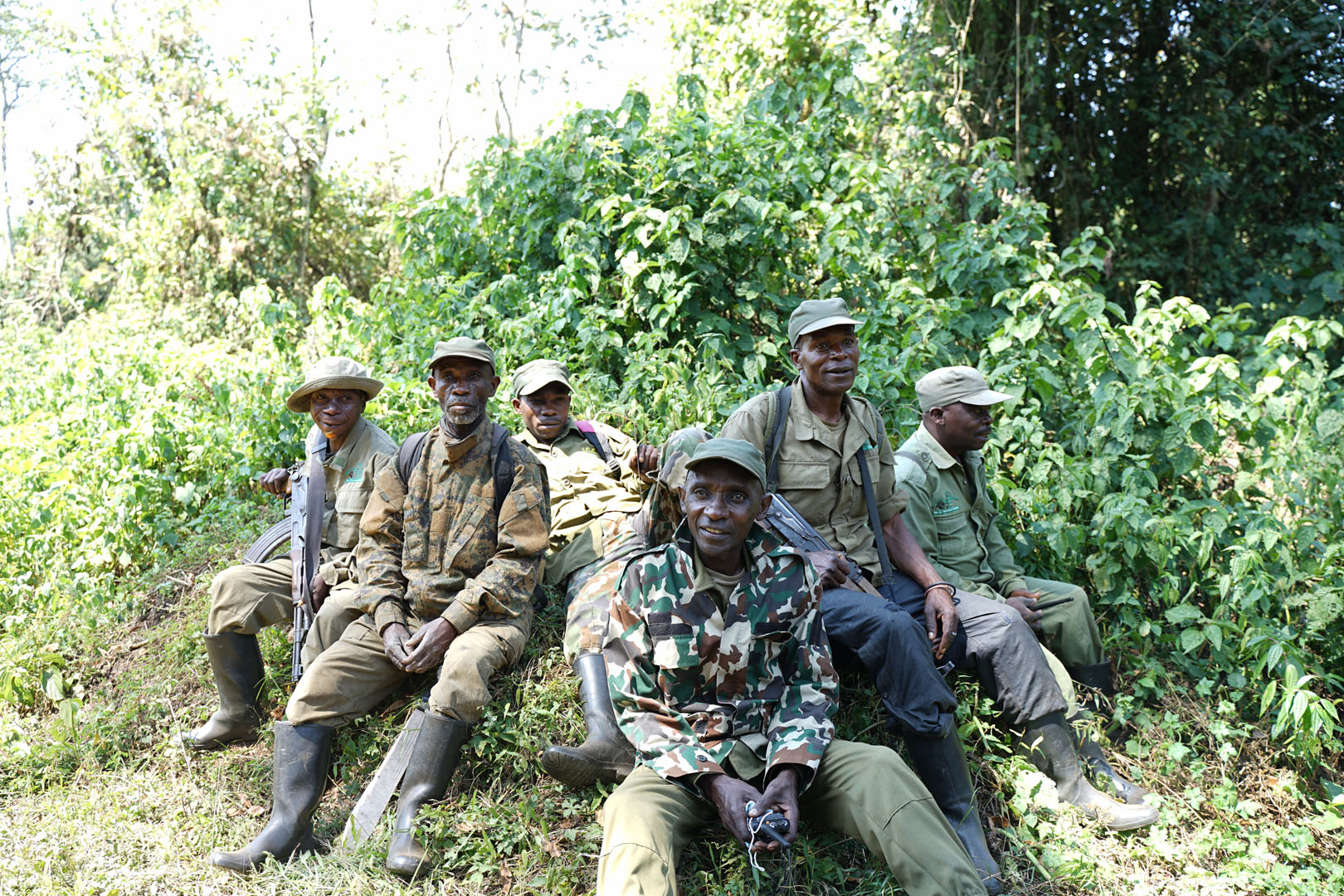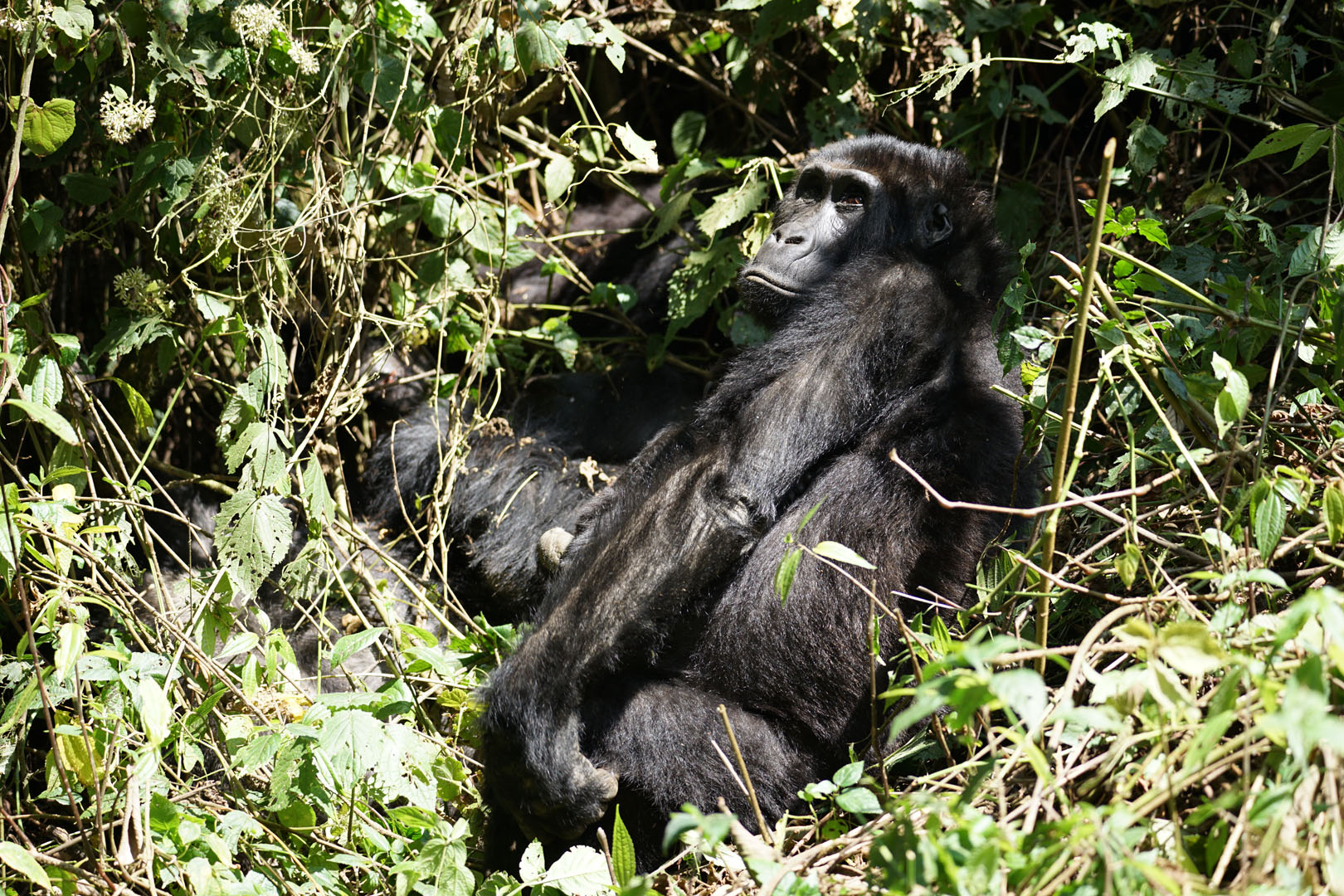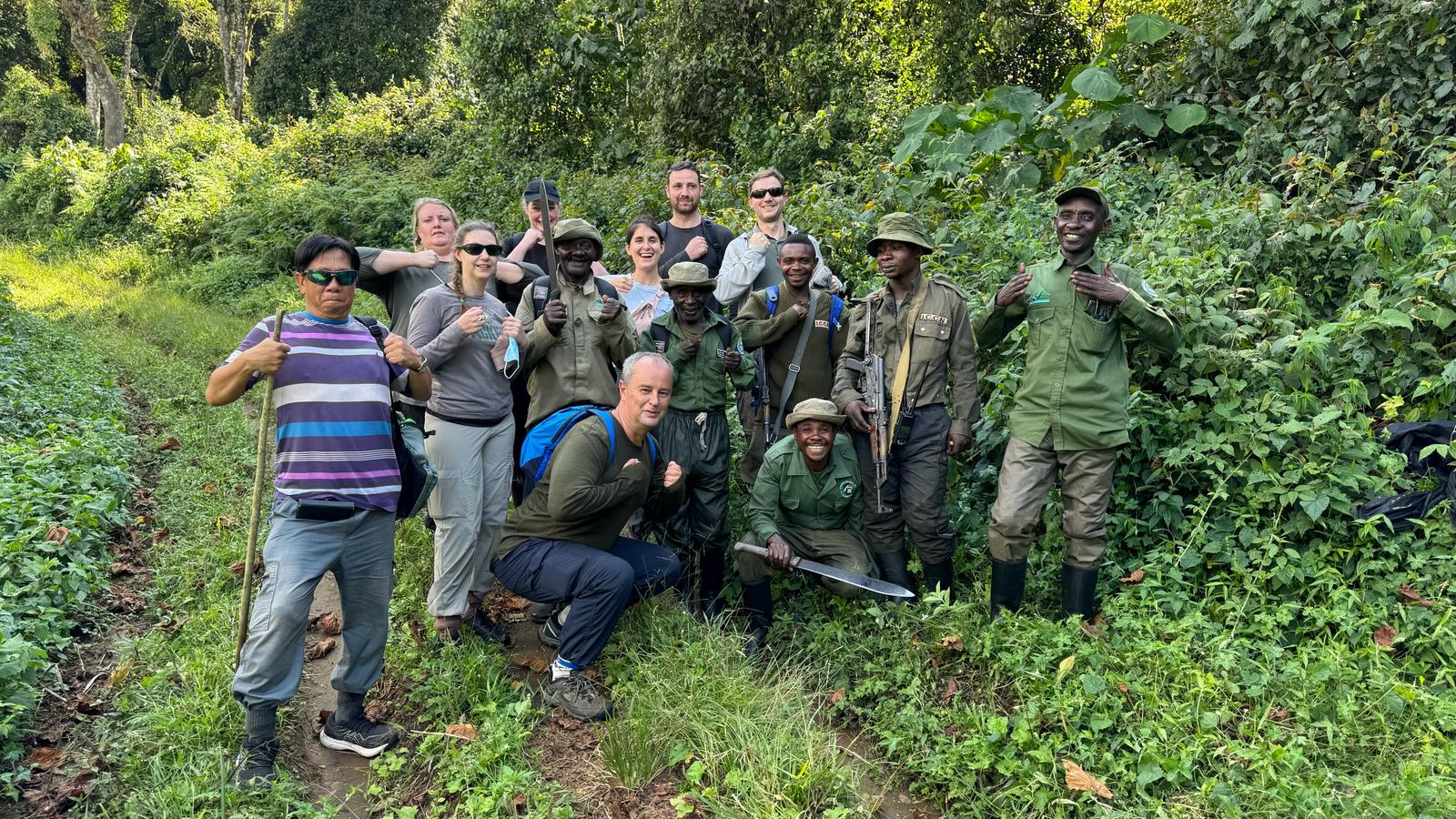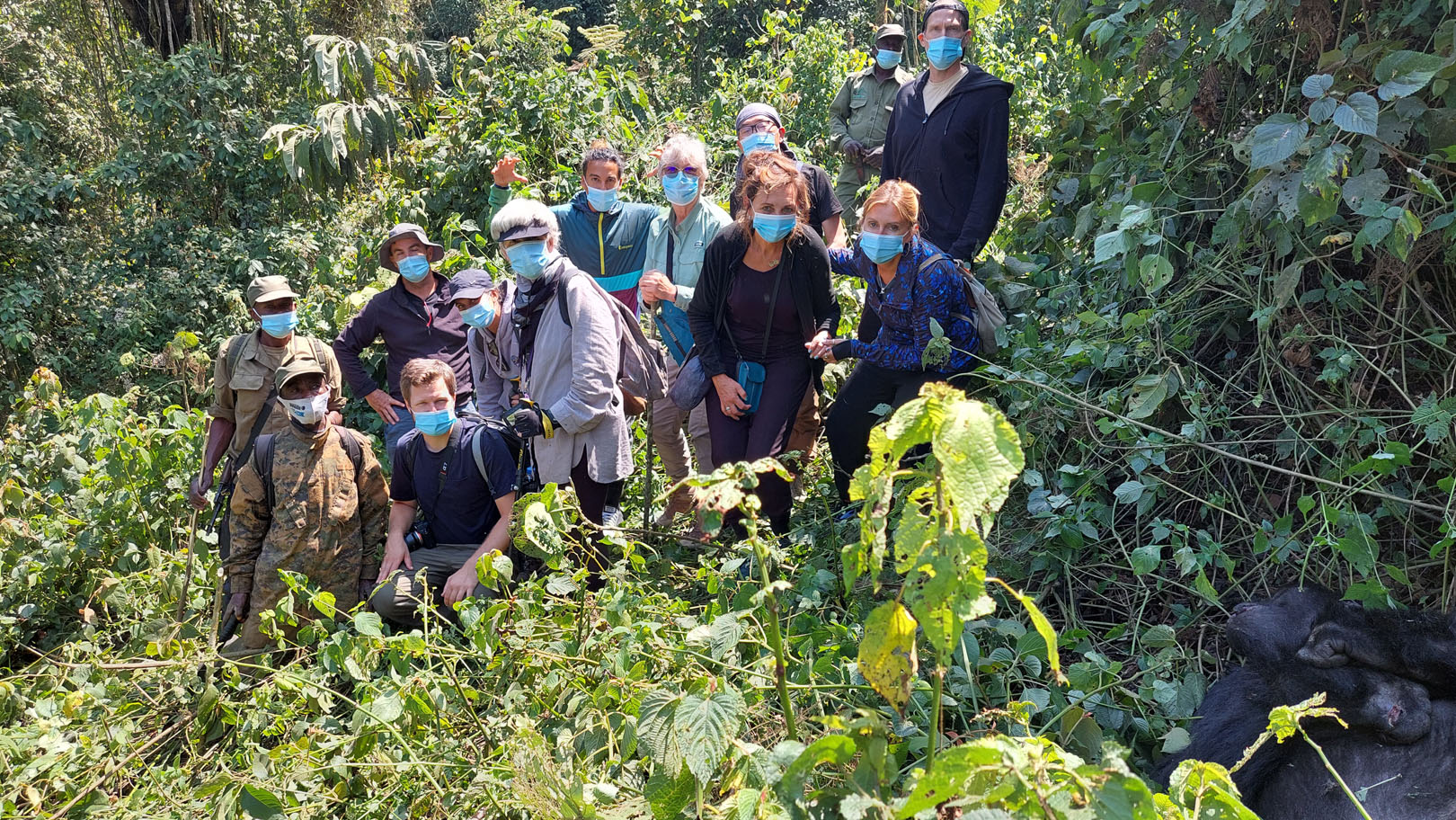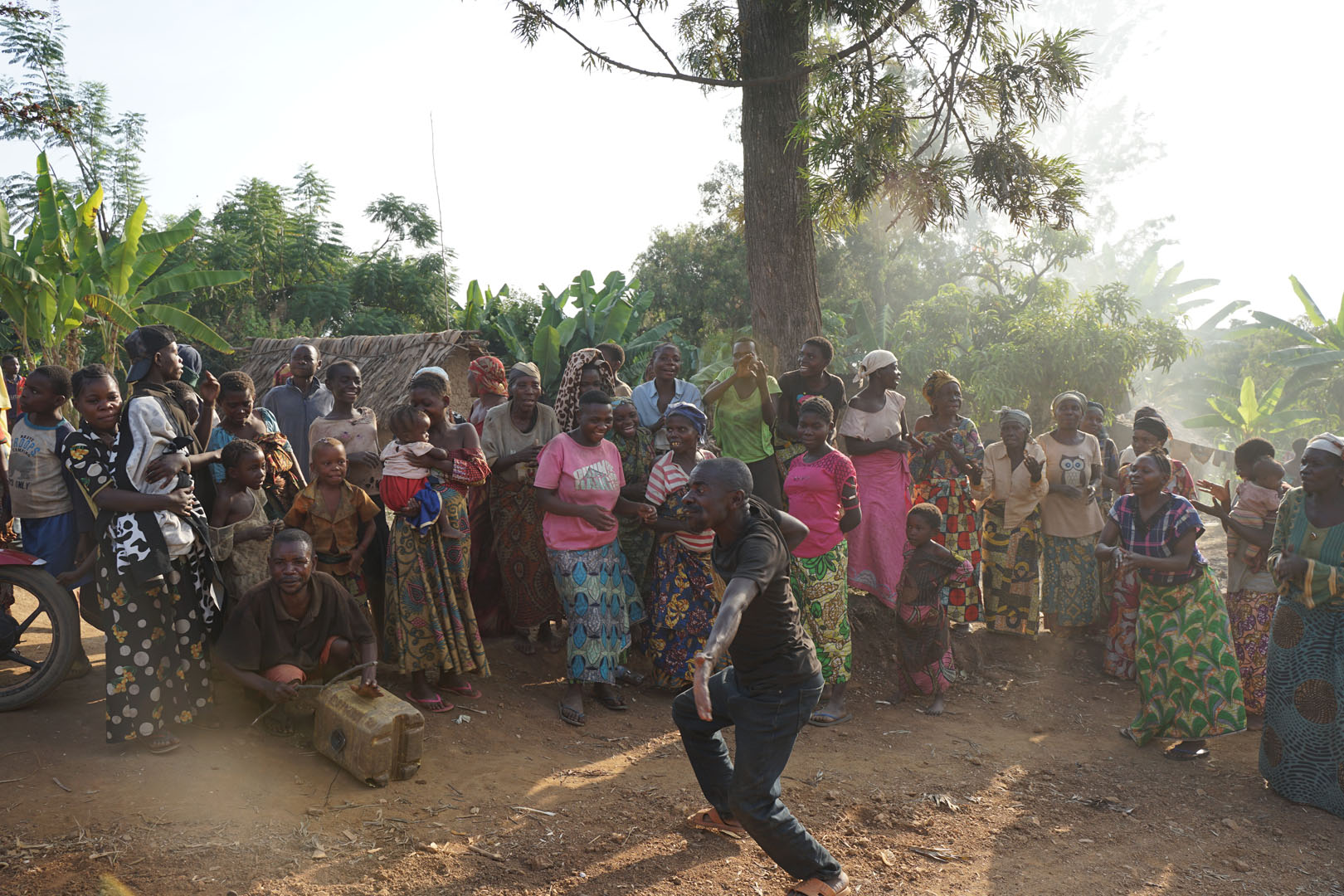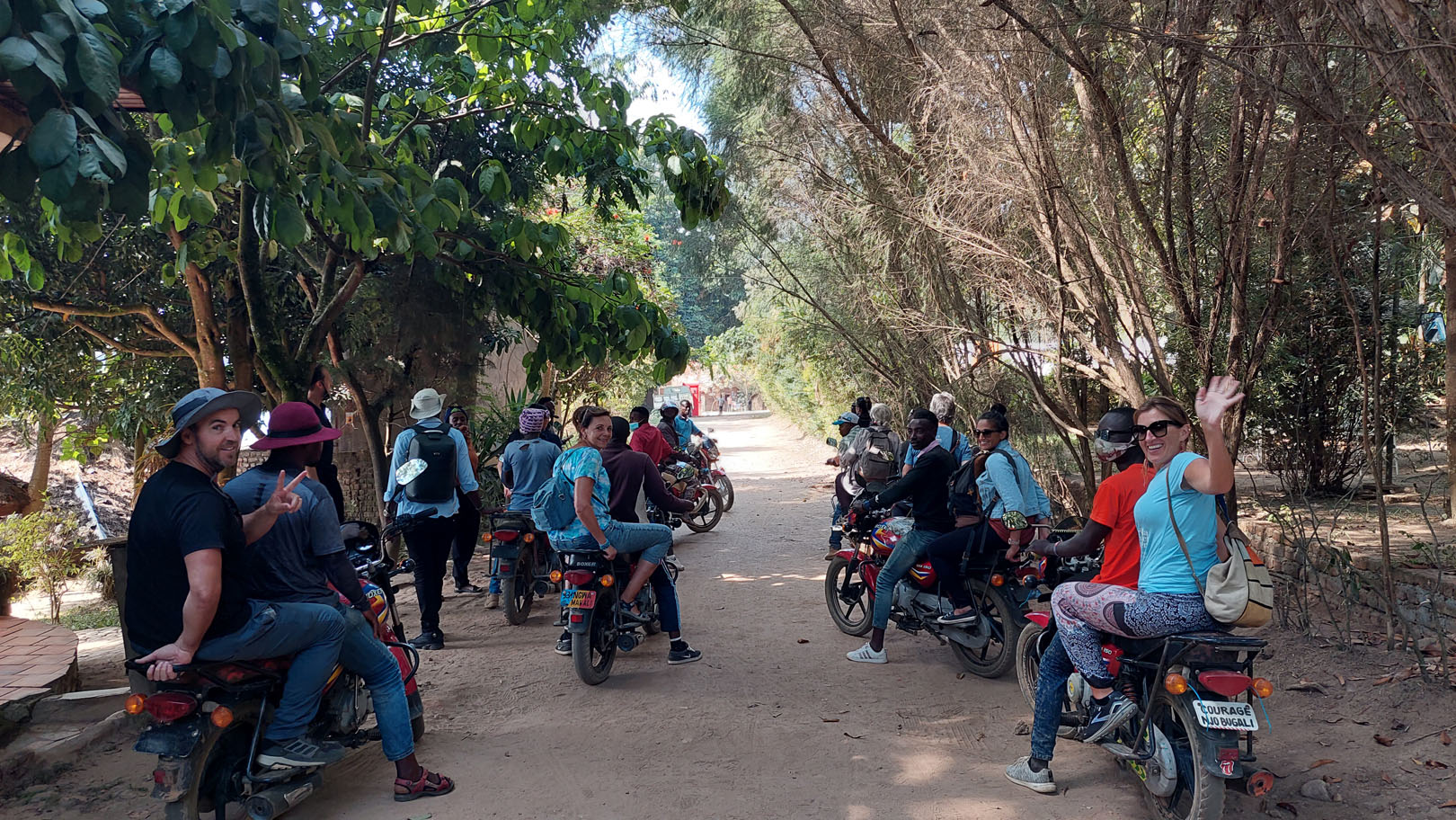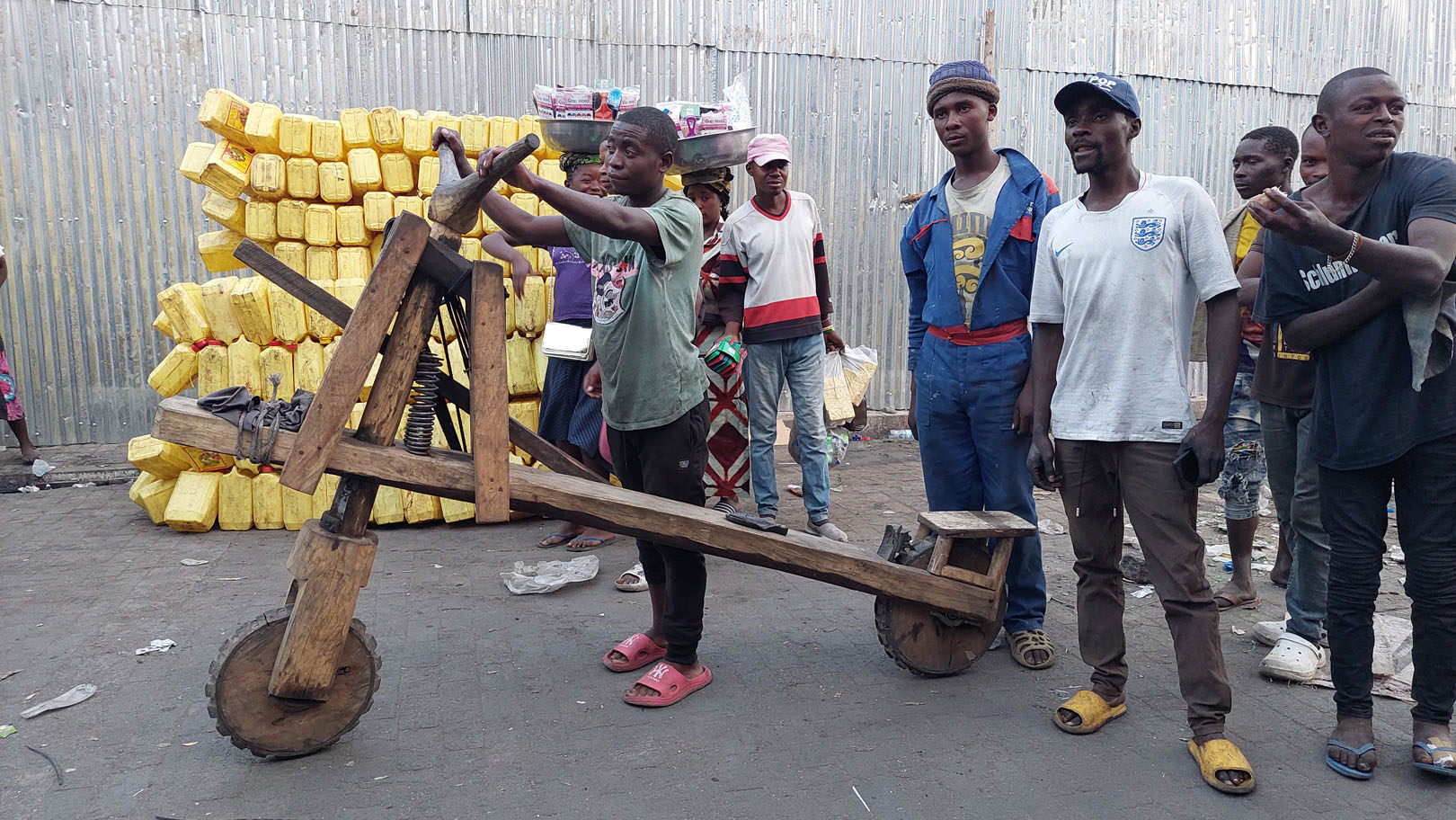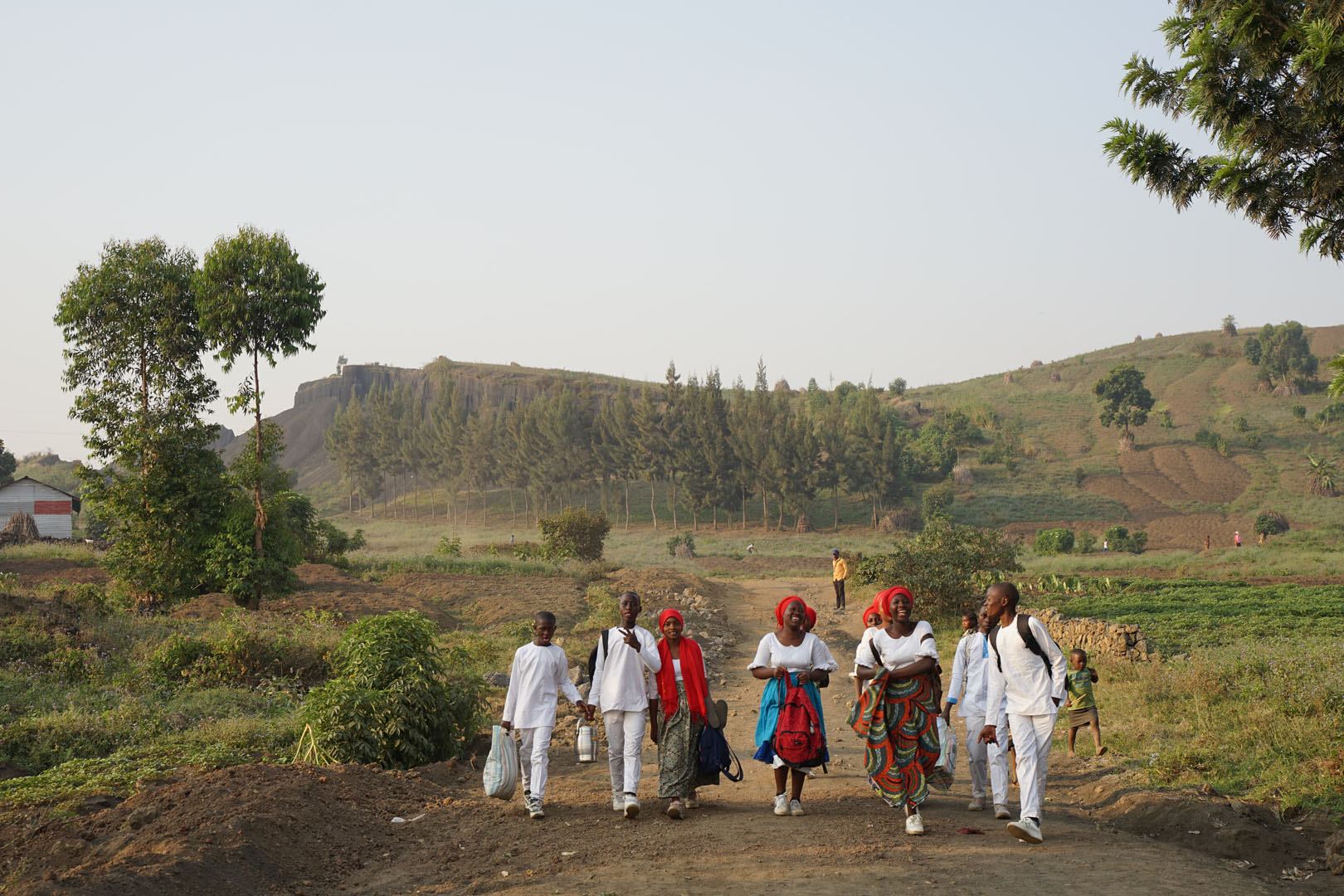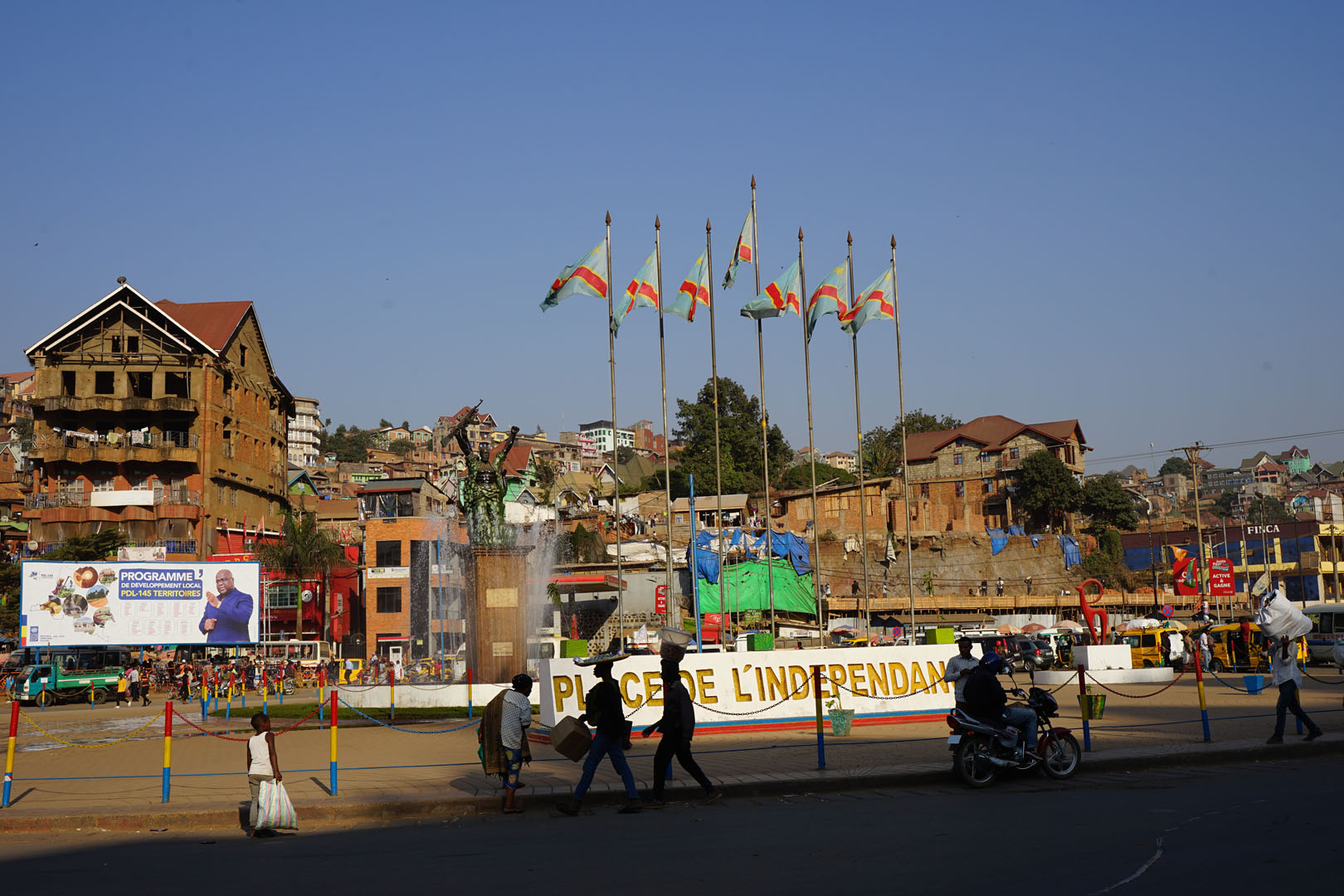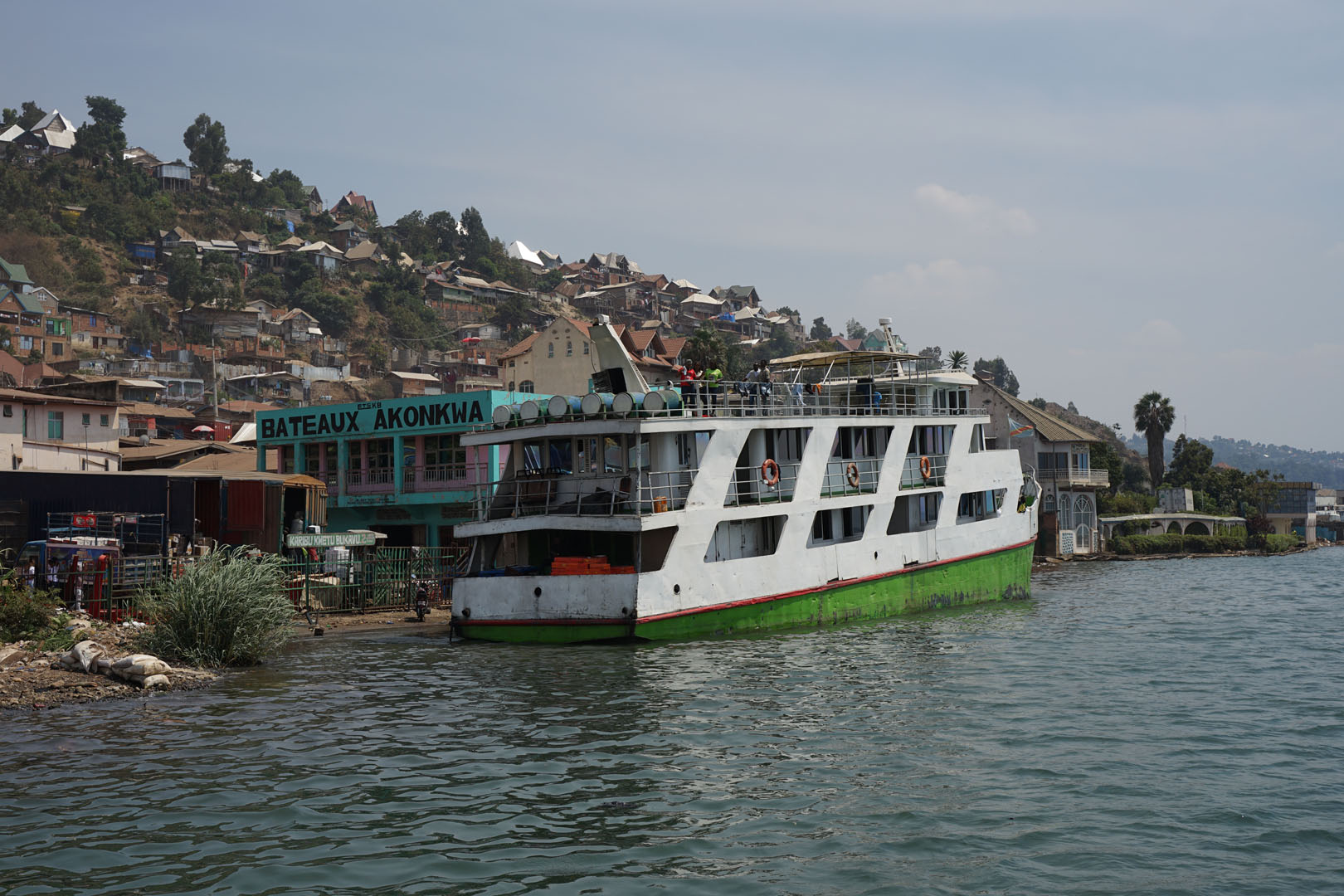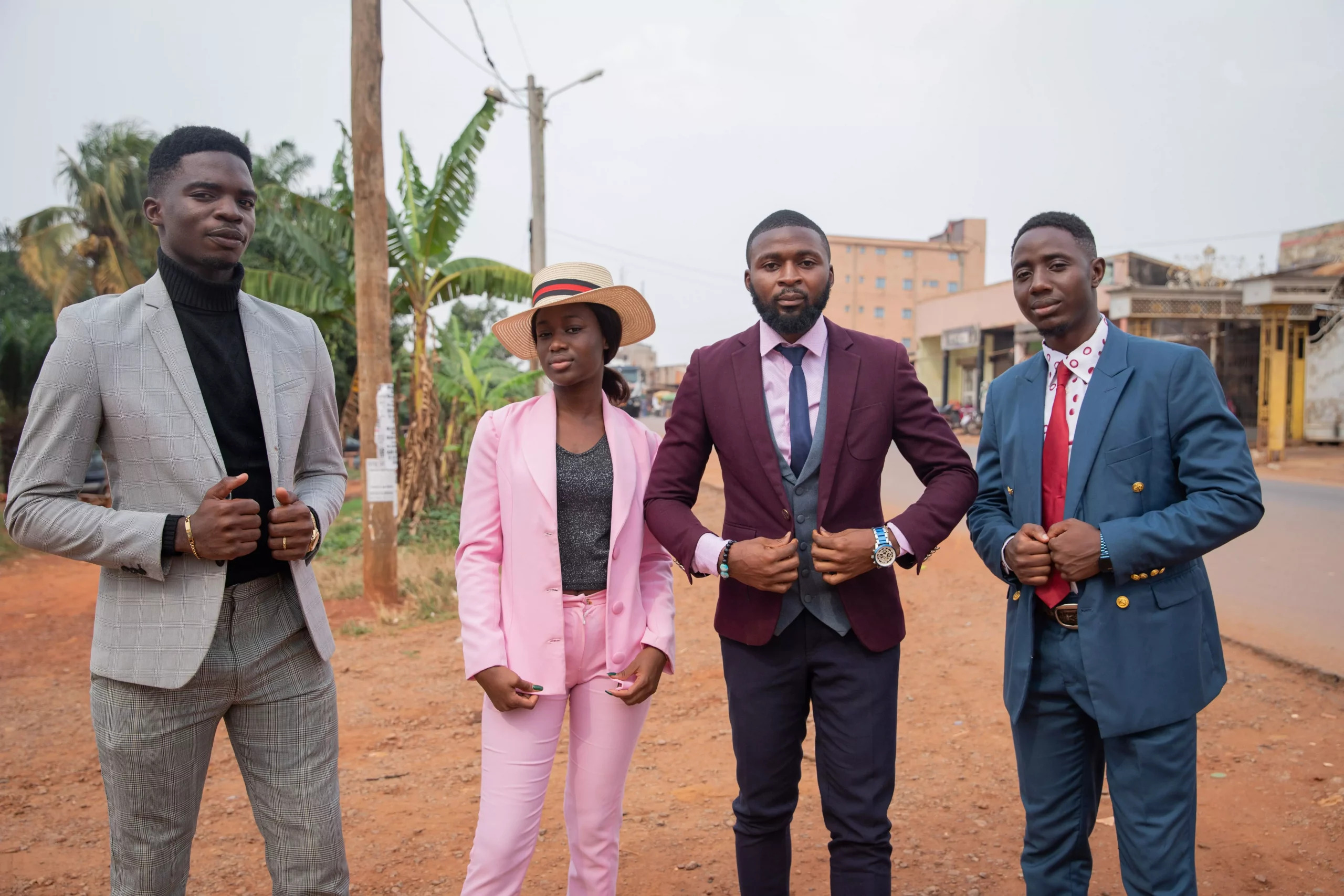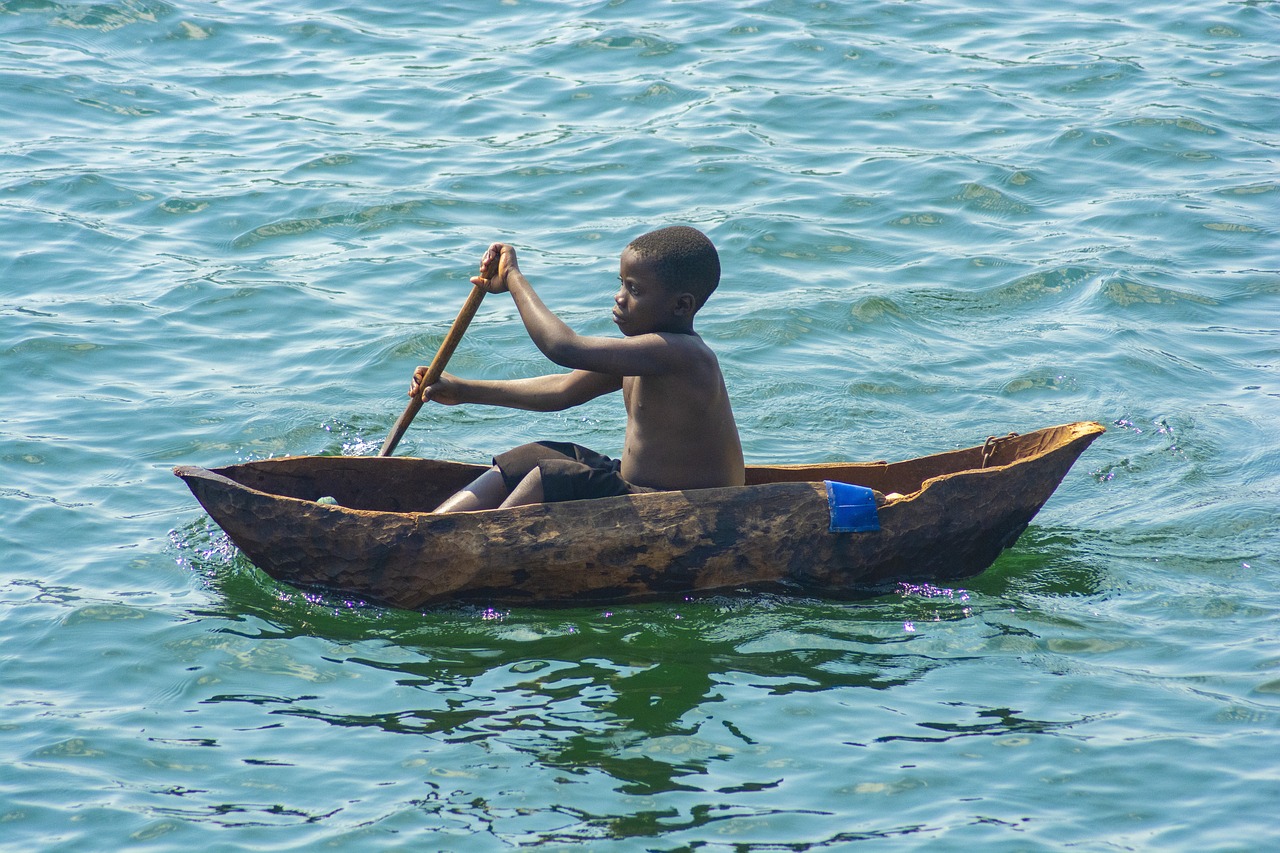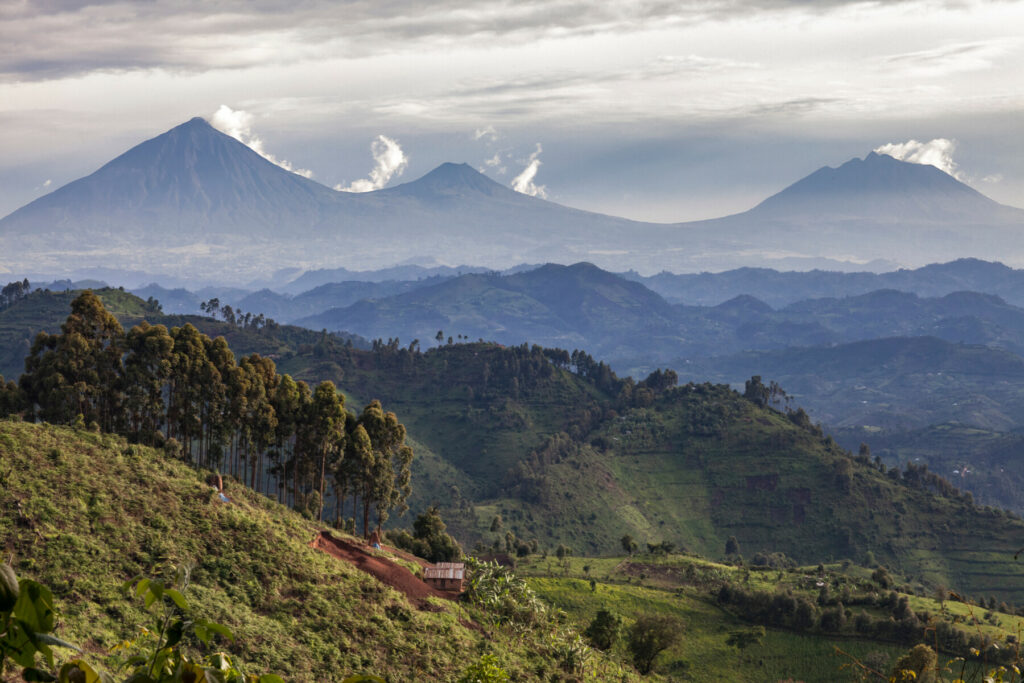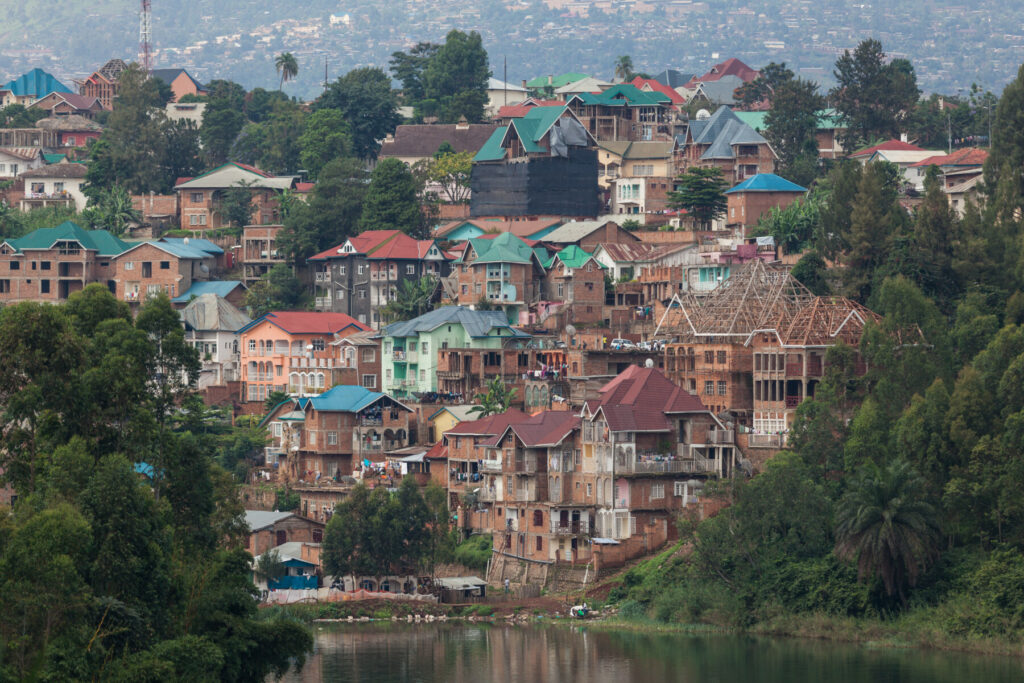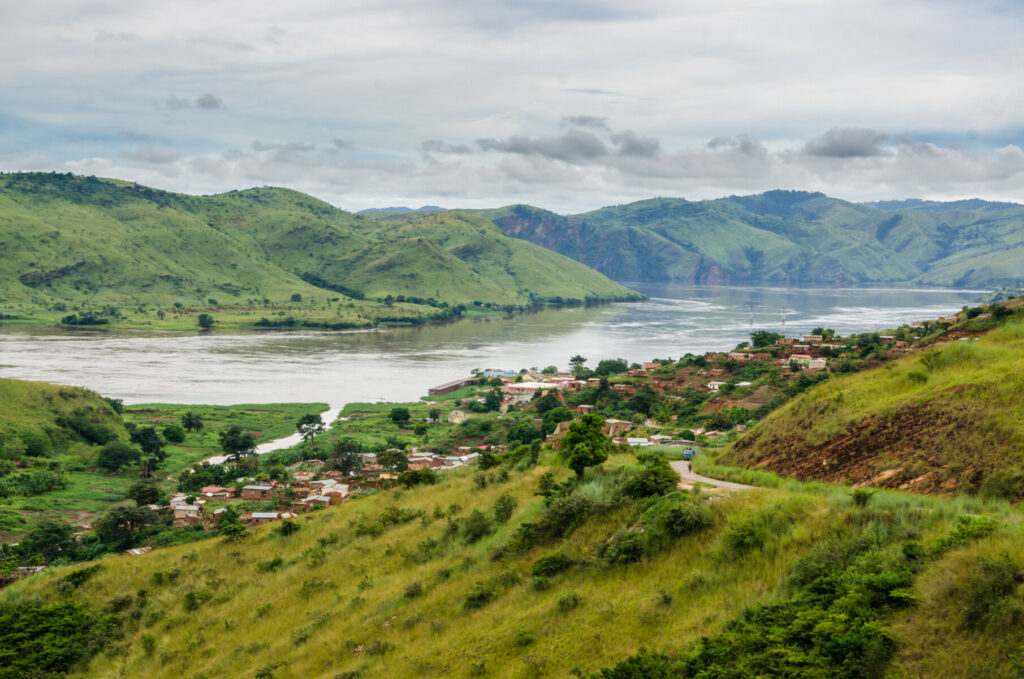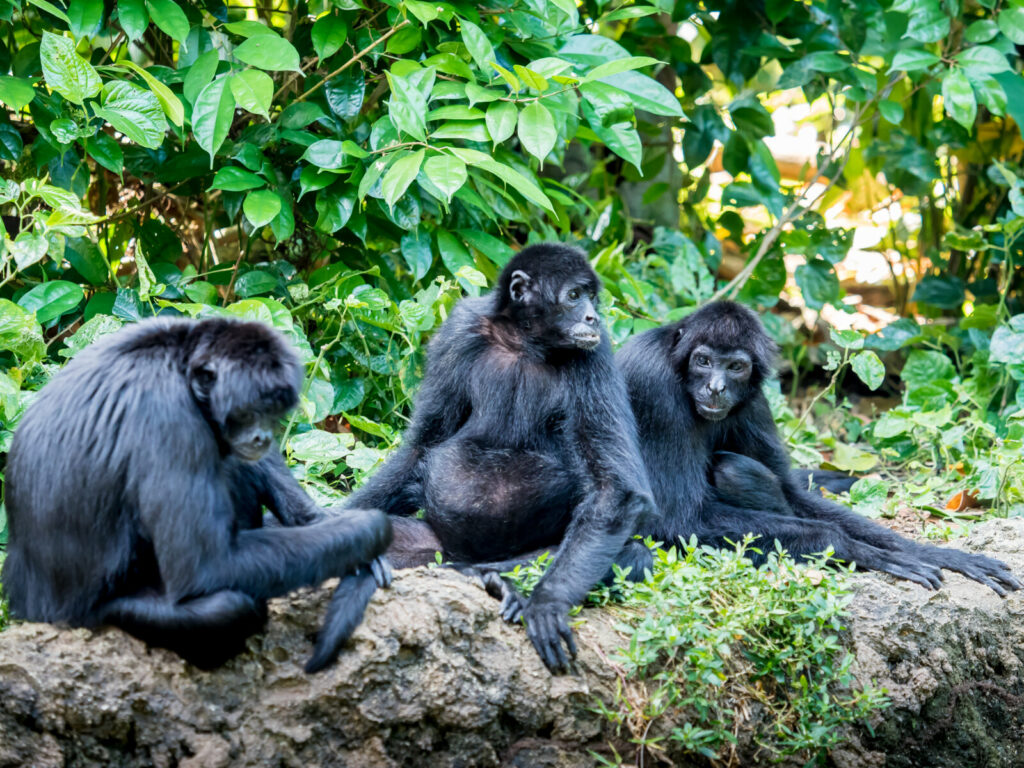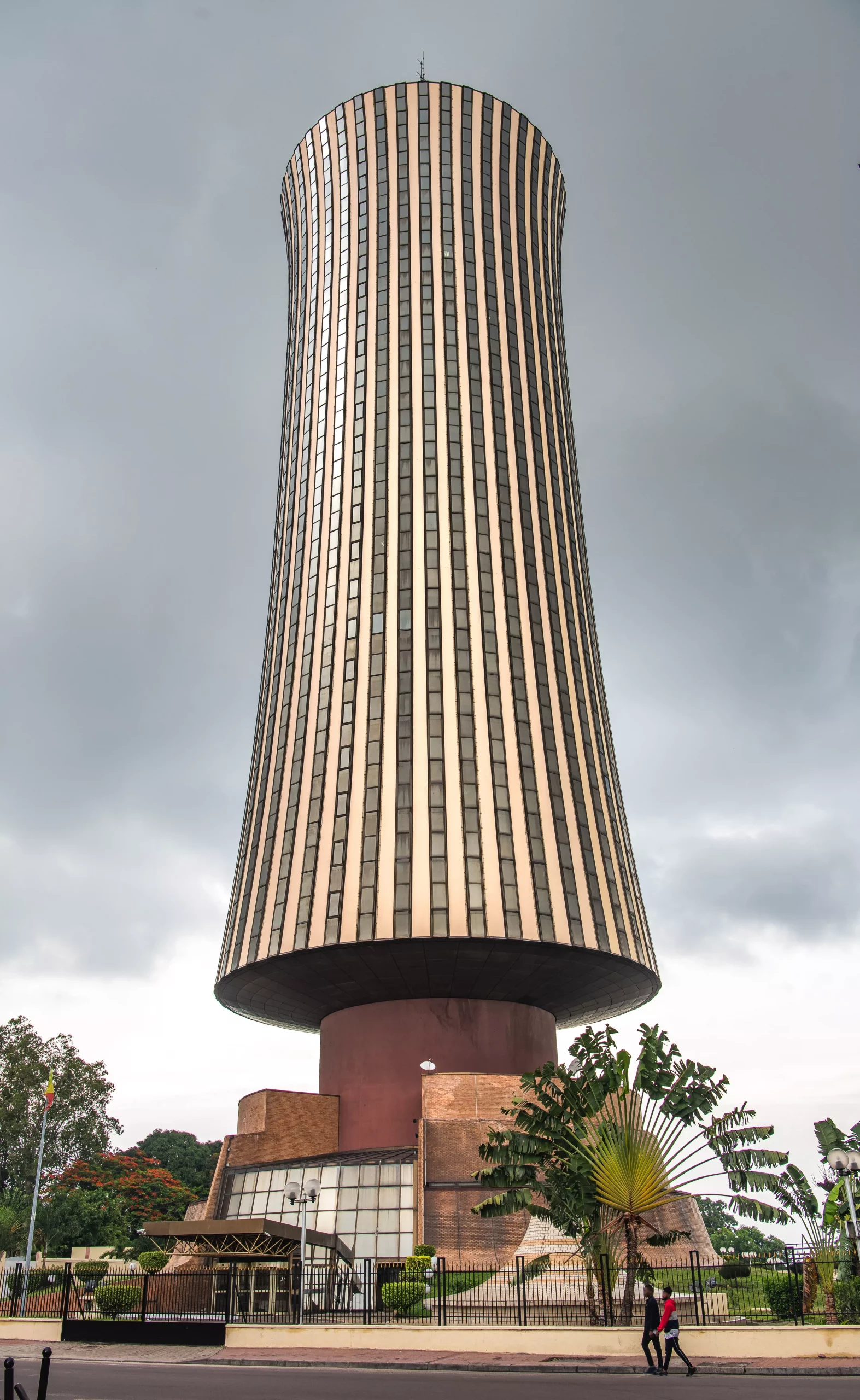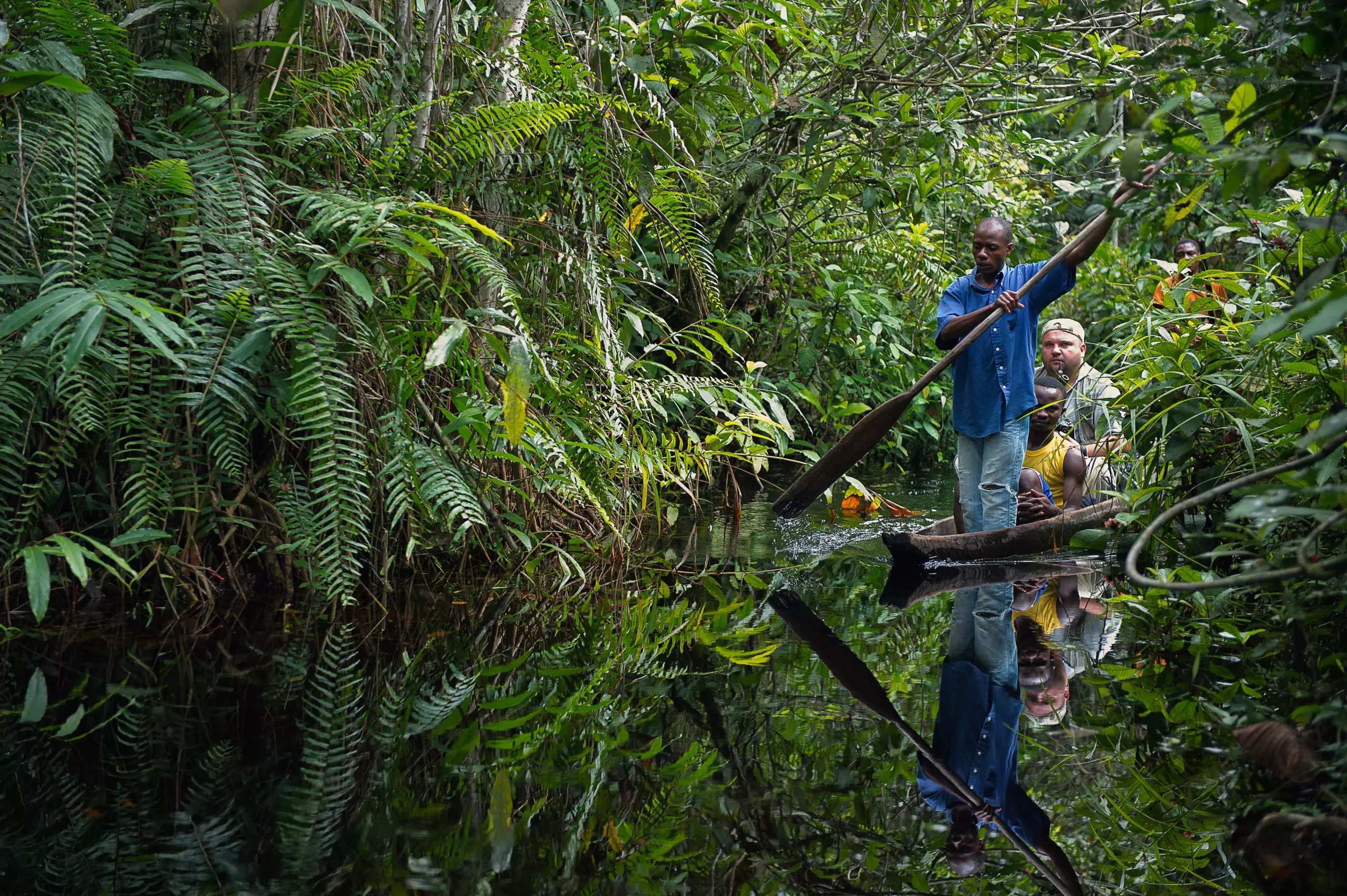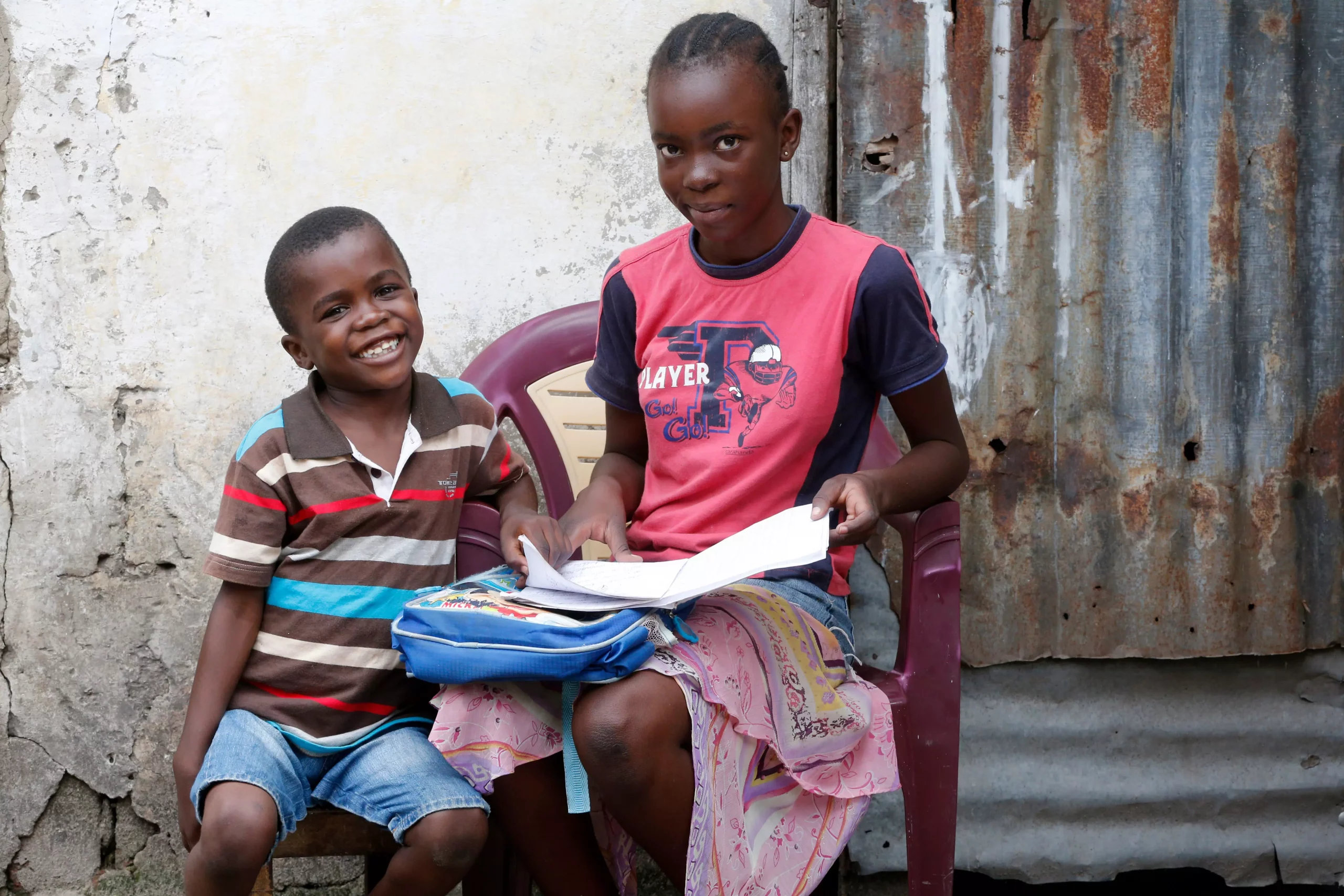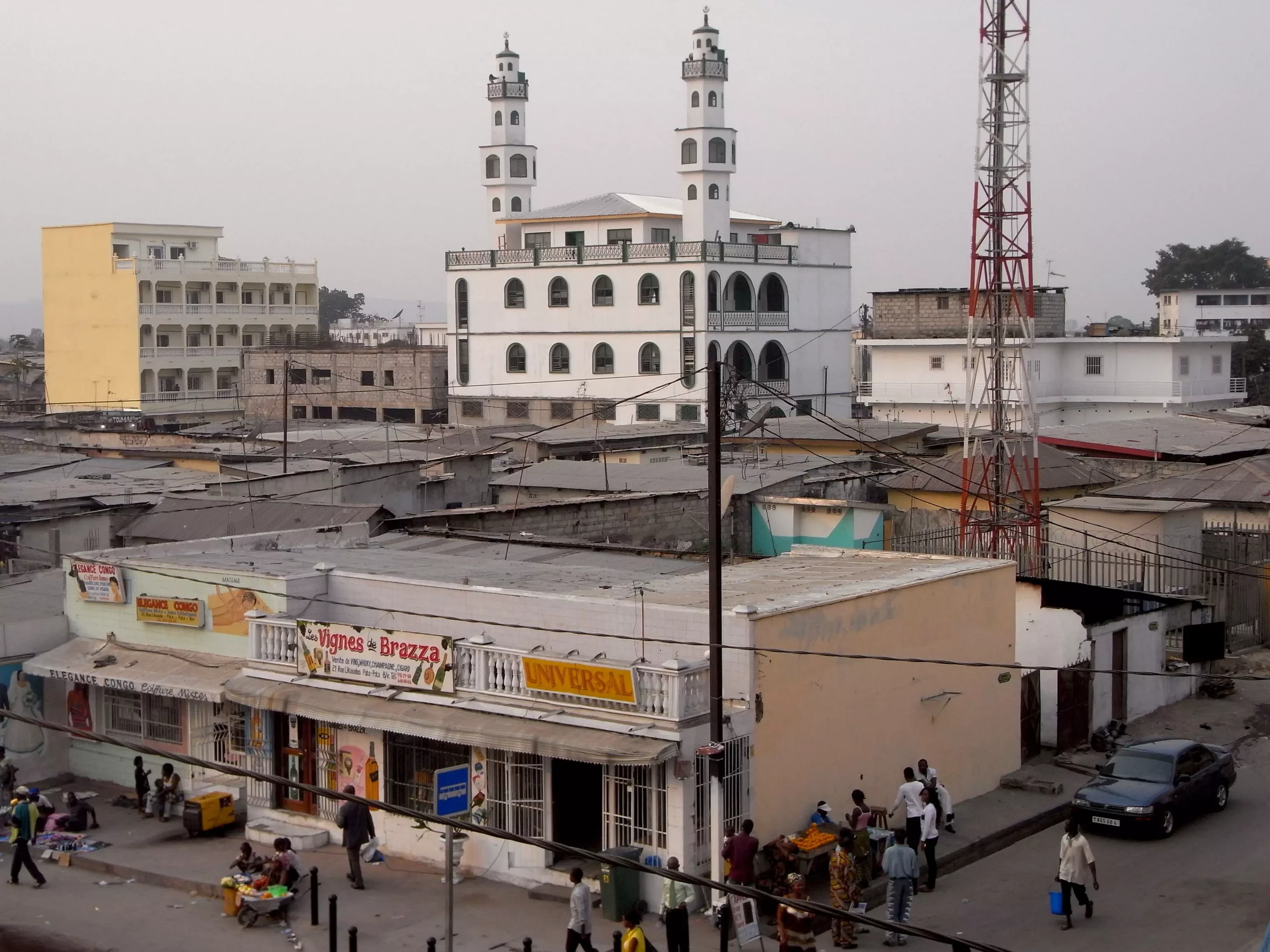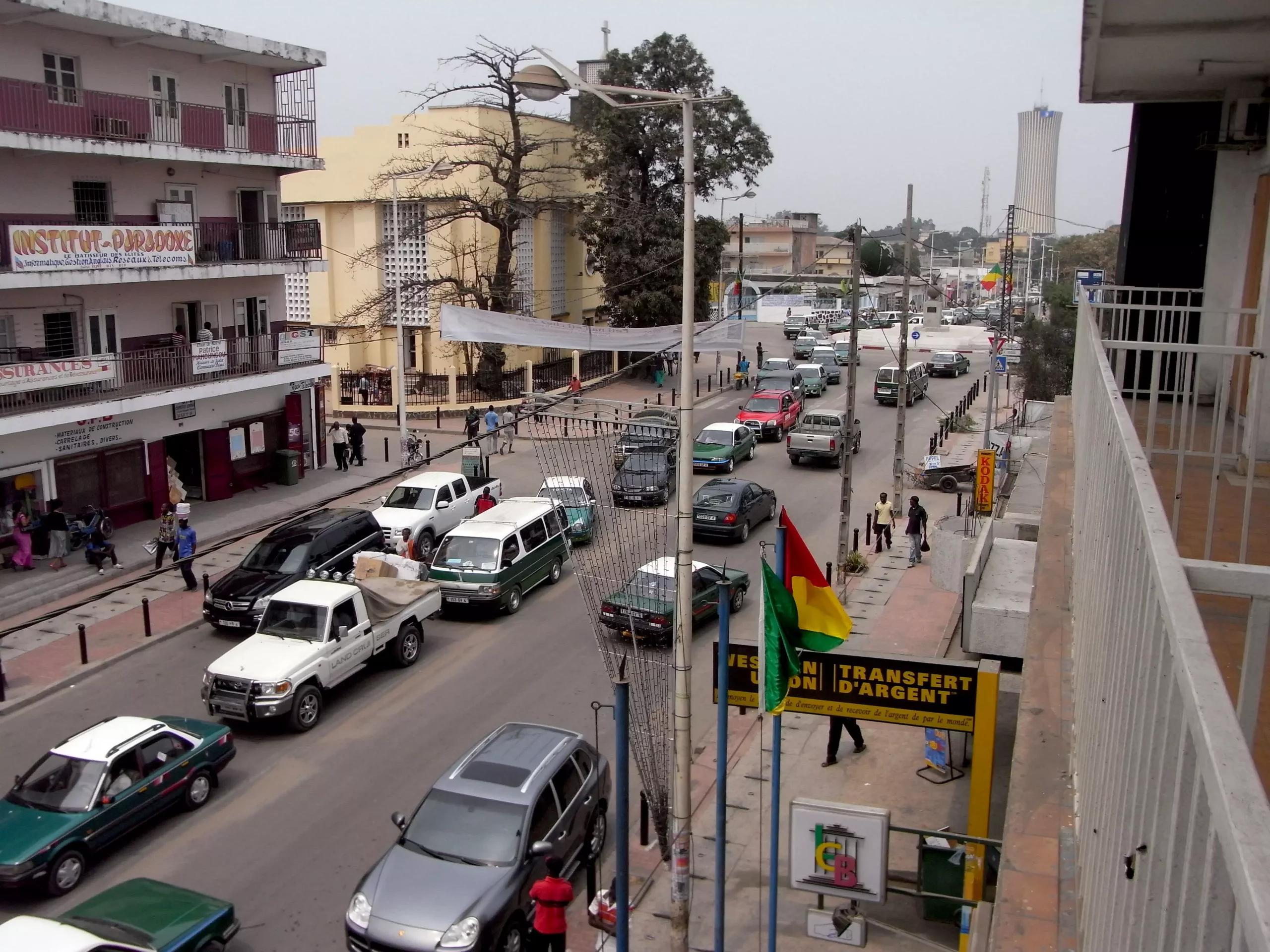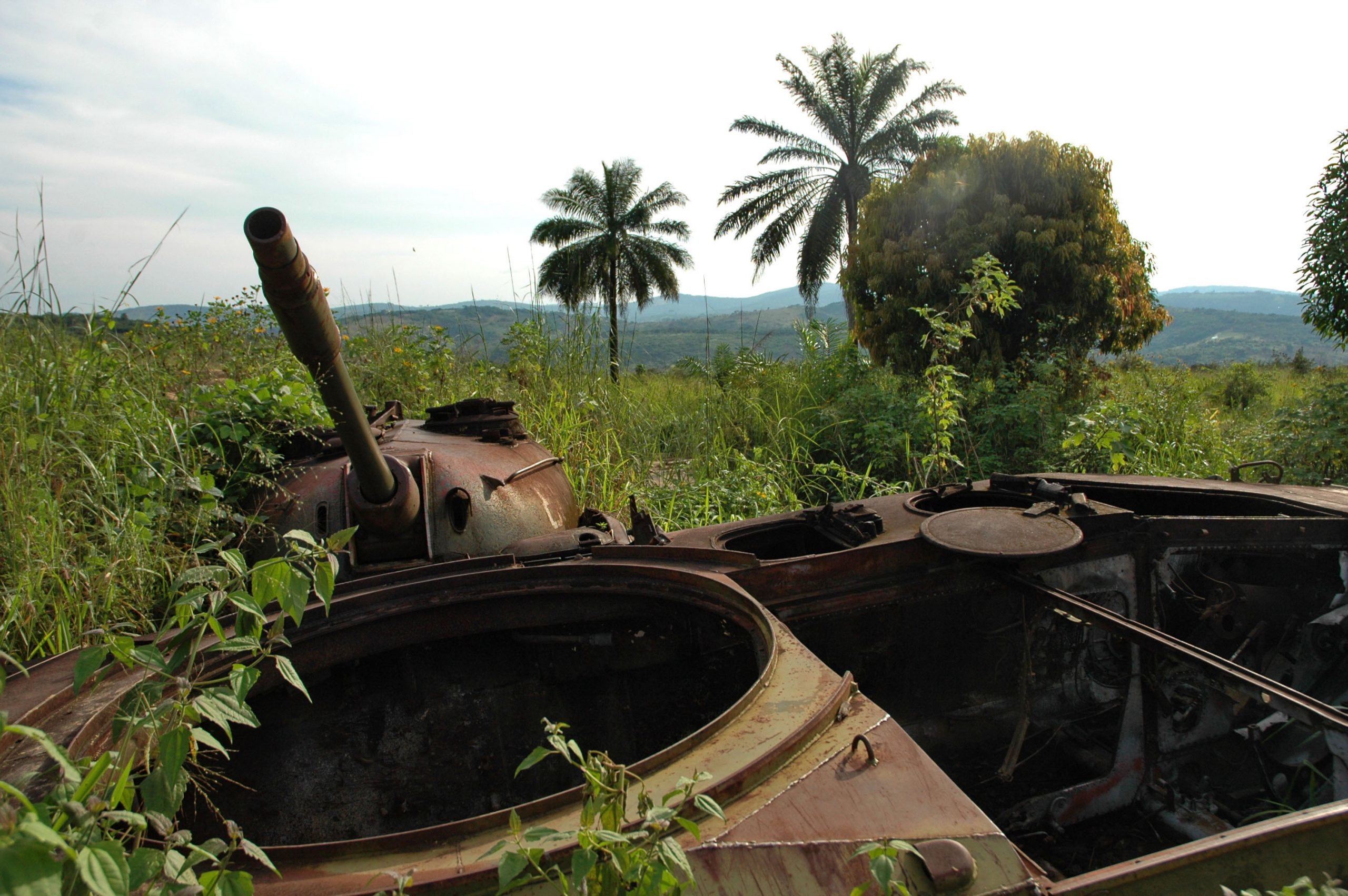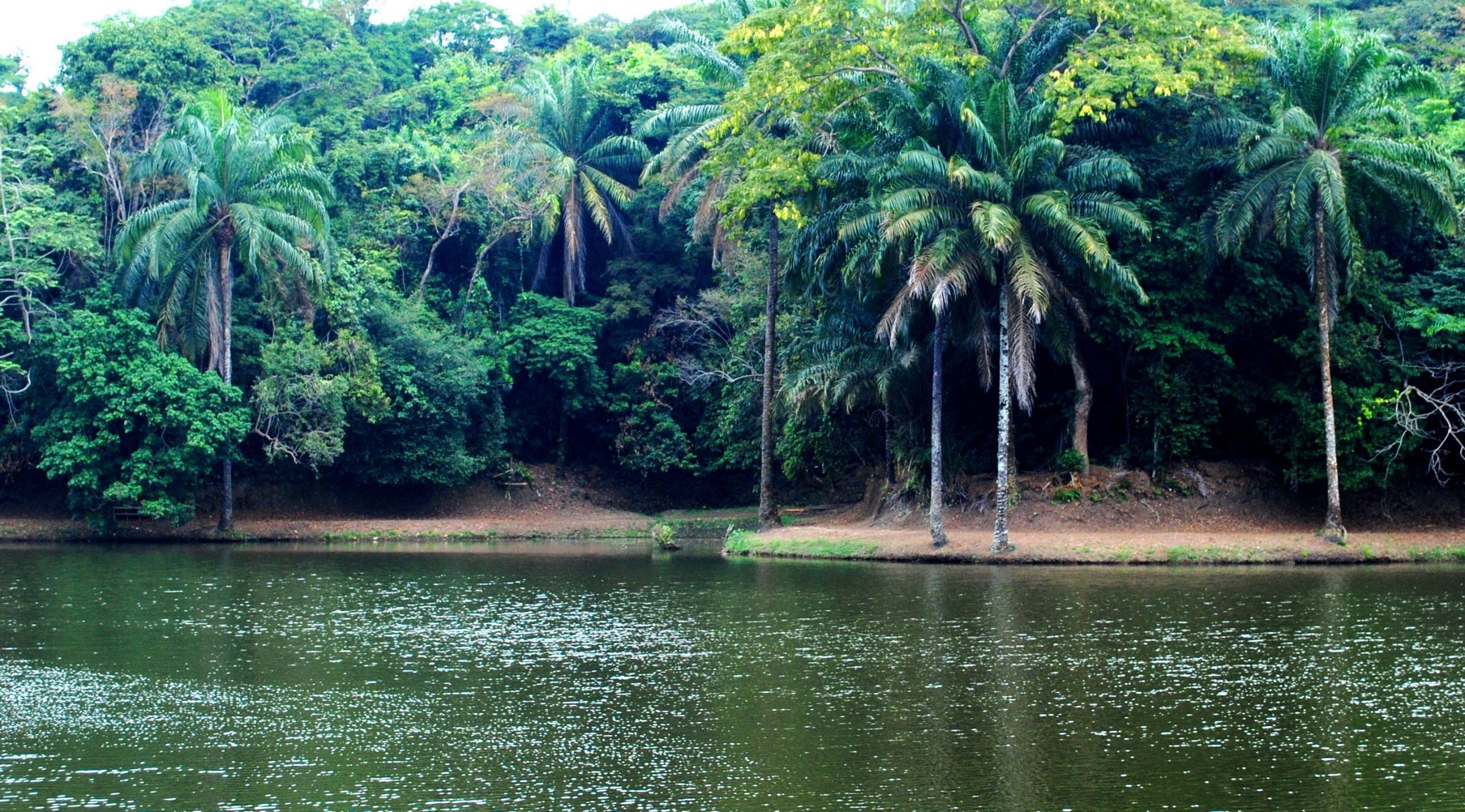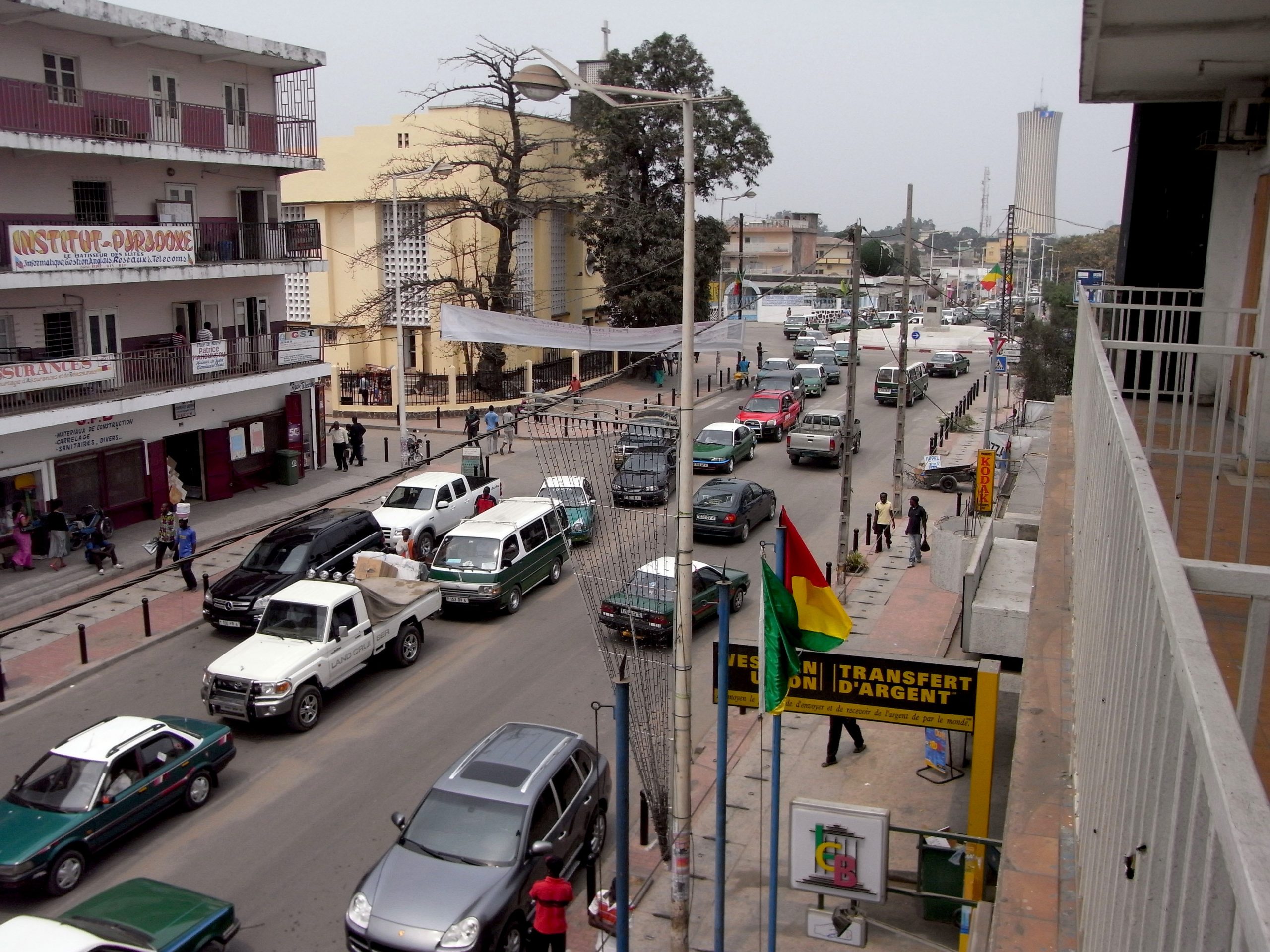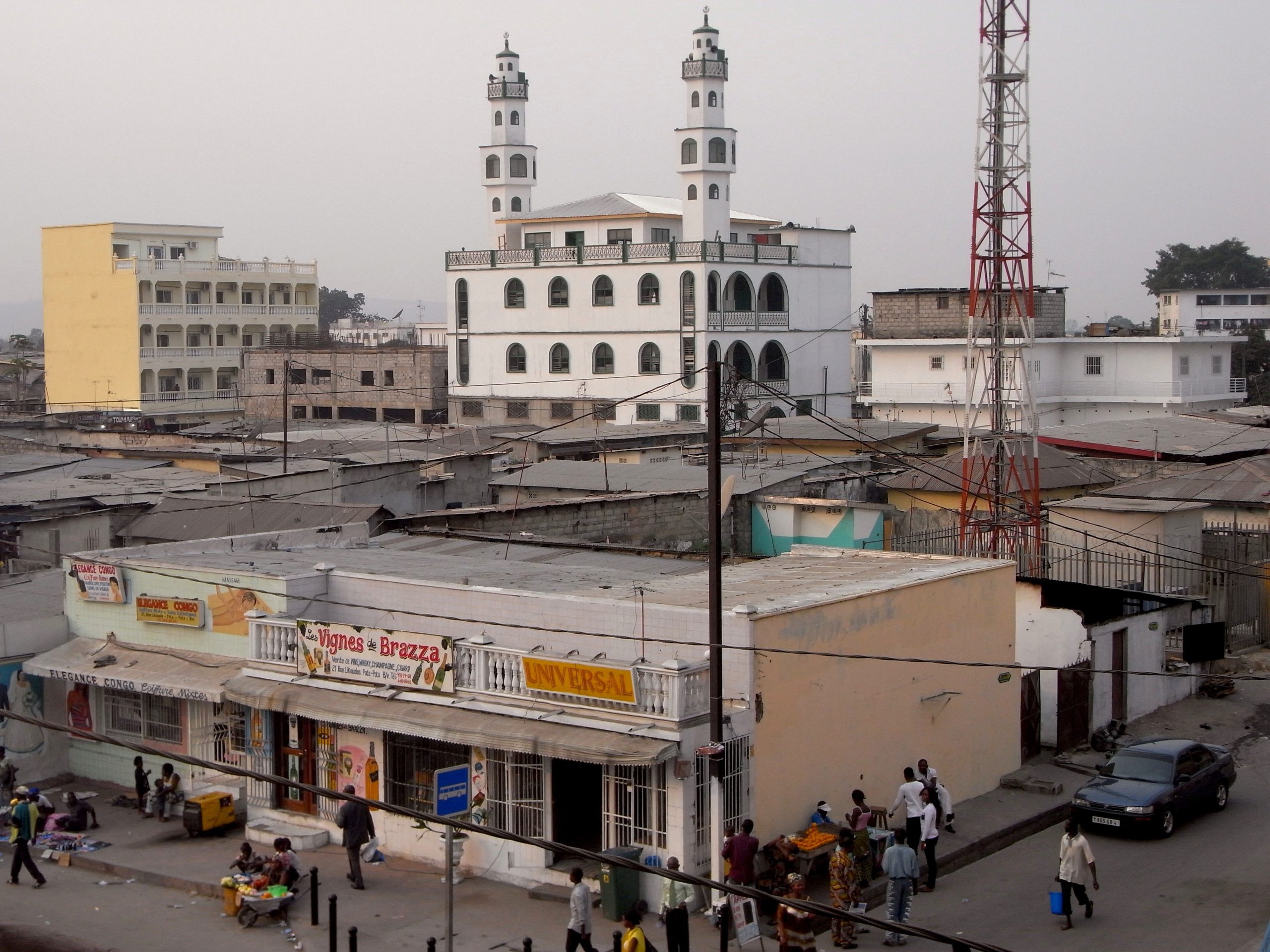YPT Tours to the Republic of the Congo (Congo-Brazzaville)
YPT has been offering Republic of the Congo tours since 2023, as part of our wider tour that begins in Brazzaville and then takes in DR Congo and the Angolan exclave of Cabinda.
The Republic of the Congo – often referred to as Congo-Brazzaville to distinguish it from its giant neighbour, the Democratic Republic of the Congo or Congo-Kinshara – is a sparsely populated and largely unknown country in equatorial Africa. A former French colony, the Congo spent much of the Cold War as a Marxist state until being plunged into a series of devastating civil wars in the 1990s.
Now largely back on its feet, Congo-Brazzaville is rich in natural beauty and cultural heritage. The capital, Brazzaville, sits on the mighty Congo River and offers an energetic urban life, while the second city of Pointe Noire lies on the coast and has a distinctly European flair. The nation’s dense interior is where Congo’s next industry, ecotourism, will take off, with the forest housing rare gorillas and forest elephants. Come and see it for yourself, before Congo gets too popular!
For our page dedicated to Congo-Kinshasa tours (Democratic Republic of the Congo), click here.
Group tours to the Republic of the Congo
You can travel with YPT to Congo-Brazzaville on our Congo, DRC, and Angola Cabinda Tour!
The Congo, DRC, and Angola Cabinda Tour operates annually and allows you to see the Republic of the Congo as part of a wider tour of these three countries along their Atlantic coastline. These states have overlapping cultural, historical, and geographical links with each other, so we highly recommend experiencing them all in this one trip with YPT!
Congo, DRC, and Angola Cabinda Tour (December 2nd – December 12th, 2024), €4995
Independent Tours to the Republic of the Congo
If your availability does not align with the scheduled tour dates, then YPT can organize private Congo tours for you. We will plan according to your timeframe and budget and can even craft a bespoke itinerary based on your interests. Prices depend on the number of people and what level of accommodation you desire, but YPT can arrange everything you need for perfect independent Republic for the Congo tours.
Independent Congo-Brazzaville tours can be done entirely in the country, or be combined with tours to Congo-Kinshasa, Angola, or other African countries.
Example of a Republic of the Congo itinerary (8 days)
Day 1 – Arrive in Brazzaville
- Welcome to Brazzaville! This dynamic capital city is well-connected to major international destinations such as Paris, Addis Ababa, and Casablanca, as well as other regional hubs across Africa.
- Alternatively, for an authentic Congolese welcome, take a boat across the Congo River from neighbouring Kinshasa, the two closest capital cities in the world.
- Get settled into your hotel overlooking the river and head out on a city evening tour.
- Many of the best restaurants in the city are run by members of the Lebanese community, so enjoy dinner at the famous L’Oriental or La Mandarine.
- Overnight in Brazzaville.
Day 2 – Brazzaville
- Spend the whole of today exploring Brazzaville. Much of the city’s French colonial architecture was destroyed in the civil wars of the 1990s, but the city has undergone a renaissance in recent years.
- Start at the Poto-Poto Market, known for its rows of traditional African fabric and various street food stalls.
- Visit the Nabemba Tower, the country’s tallest building which provides views of the “twin cities” as well as the Congo River valley.
- Lunch at Hippocampe, a famous Franco-Vietnamese restaurant.
- Take a stroll along the riverfront before jumping on a boat tour of the city.
- Back on shore, visit the Palais du Peuple, a colonial-era building now serving as the presidential palace. You can also explore the Basilique Sainte-Anne and the Pierre Savorgnan de Brazza Memorial, dedicated to the city’s namesake.
Enjoy a sunset dinner at Le Jardin, in their garden setting while enjoying live music.
- Overnight in Brazzaville.
Day 3 – Brazzaville – Gazelle Train – Pointe Noire
- Check out of your hotel and get ready for your epic train ride across the country!
- Morning departure for a trip on La Gazelle, also known as the “Jungle Train”. This journey cuts through the heart of the Congo and runs between the capital, Brazzaville, and Pointe-Noire, the country’s main port and oil hub.
- The train usually departs in the morning (around 8 am) and takes around 15 hours. You’ll travel first class in an air-conditioned carriage.
- Travel past the stunning vistas, charming villages, and lush wilderness of Congo, while also having lunch in the train’s dining car.
- Late-evening arrival into Pointe Noire, with its interesting Bavarian-esque station. Transfer to your beachfront hotel, where dinner will be waiting for you.
- Overnight in Pointe Noire.
Day 4 – Pointe Noire
- Sleep in after the long train journey and have breakfast at the hotel.
- Drive 25km north to the Diosso Gorge, which was also the capital of the Loango people. Especially if raining, you’ll see the gorgeous red colours jumping out of the rainforest.
- Head back to Pointe Noire and have lunch at a seafood restaurant over the Atlantic.
- Explore the bustling Grand Marché. Observe the variety of products unique to this oil-rich city, in distinct contrast to those found in Brazzaville.
- Tour the African Circle Museum to learn about African Masks, and view the old train displayed in the centre of town.
- Relax on the Pyramid Beach and, if you’re up to it, take a surf lesson! The waves here originate from South America, so it’s an understandably popular place with surfers.
- Dinner at L’Arbalète, one of the best French restaurants in Central Africa.
- Many expats and businesses have moved to Pointe Noire because of the oil industry, so the nightlife here is some of the wildest around. We recommend staying out for a drink!
- Overnight in Pointe Noire.
Day 5 – Pointe Noire – Conkouati-Douli National Park
- After breakfast, head 3 hours up a spectacular coastal road to the Conkouati-Douli National Park. This is a unique place where lakes, rivers, and the rainforest all meet at the Atlantic Ocean.
- Check-in and lunch at your private villa in the national park.
- Head out on safari for the afternoon, trying to spot the chimps and elephants here.
- Dinner at your safari lodge while enjoying the sunset over the delta.
- Depending on conditions, you may have the extraordinary opportunity to view sea turtle eggs hatching on the beach.
- Overnight in Conkouati-Douli National Park:
Day 6 – Conkouati-Douli National Park – Tchimpounga Sanctuary
- Have an early start to view the park at sunrise via a scenic boat ride. You’ll see tropical fish, birds, and elephants living among the water.
- Breakfast back at the lodge, before packing up and heading 90 minutes down the coast to the Tchimpounga Sanctuary. Over 140 chimpanzees have been guarded here since the 1990s, with this protected area established by the legendary zoologist Jane Goodall.
- Lunch at the sanctuary’s research centre, before meeting with anthropologists who are heading out to feed the chimpanzees in their wild habitat.
- You have the choice to either stay in a basic lodge in the sanctuary or you may be able to camp with the researchers amongst the chimps.
- Dinner and overnight in the Tchimpounga Sanctuary.
Day 7 – Conkouati-Douli National Park – Pointe Noire – Pointe Indienne – Pointe Noire
- After a final viewing of the chimps, enjoy the scenic two-hour drive back to Pointe Noire.
- Leave your bags at the hotel, where you’ll have lunch, before heading to Pointe Indienne. This is where locals go for a weekend beach escape, so if it’s a weekday you’ll likely have the place to yourself!
- To get here, the road gradually disintegrates into twisty sand roads, which adds to the whole experience.
- Spend some time relaxing on the beach with a cold drink, before heading back to the city for your final night.
- Farewell dinner in Pointe Noire, where we’ll toast your Congolese adventure.
- Overnight in Pointe Noire.
Day 8 – Pointe Noire – Home/Brazzaville
- Enjoy a final breakfast in your hotel, while the morning is free for you to squeeze in anything you may have missed.
- Perhaps take another surf lesson, pick up any last-minute souvenirs in the markets, or walk along the coast while checking out the colonial architecture.
- Fly out of Pointe Noire Airport. You may choose to go back to the capital Brazzaville or take advantage of the regular services to Paris, Istanbul, and across Africa.
Alternatively, continue your African adventure by joining us on one of our regular group tours on the continent. We can also arrange your private tour to continue into neighboring Angola, Gabon, DR Congo, or the Central African Republic.
Bespoke Republic of the Congo Tours
We can offer the following bespoke programs. Should what you are looking for not be on this list, please get in touch to see if we can fix it for you.
Zoological Research Tours
As one of Africa’s most sparsely populated and heavily forested nations, the Republic of the Congo boasts vast expanses of untouched wilderness that are larger than many entire countries. Visitors can expect to encounter a wide variety of wildlife, including western lowland gorillas, forest elephants, chimpanzees, and diverse primate species. Experienced researchers and local guides will join you in tracking and observing these magnificent animals in their natural habitats. It is also possible to arrange help with collecting data for ongoing conservation projects, all while learning about the unique ecosystems of the Congo Basin. Our tours can be custom-made and include visits to research stations and interaction with scientists and subject experts.
Ngaga Lowland Gorillas Tour
Located in the untouched heart of Odzala-Kokoua National Park, Ngaga Camp is one of the most beautiful and exclusive camps in the world. Here, you can have a once-in-a-lifetime encounter with the critically endangered western lowland gorillas. Skilled local trekkers will track these gorillas with you, and you may also be rewarded with a viewing of crowned and moustached monkeys. Explore the Ndzehe Forest, home to a population of central chimpanzees, and spend your evenings enjoying night walks while searching for nocturnal primates. Access is via the camp’s private airstrip and a 2-hour drive through the forest – only the best for you!
Congo Surfing Adventure
Are Hawaii or Tahiti not exotic enough for you? Pointe-Noire, an oil town on the coast of Congo-Brazzaville, boasts beautiful beaches, excellent waves and intriguing nightlife. The exposed Atlantic coast offers big waves and a strong current, attracting a handful of local surfers and expats who brave these waters daily. While still unknown among international surfers, this is all part of its charm. The city’s international flair and French legacy offer an excellent post-surfing dining and party scene.
Filming in Congo
Through our media arm Pioneer Media we can make arrangements for productions, journalists, or others to film within Congo from big-budget to guerrilla productions. We can also arrange meetings in country, as well as correct visas for journalists wishing to do projects within Congo.
Frequently Asked Questions about travelling to the Republic of the Congo
Make sure that you are applying for a visa for the REPUBLIC OF THE CONGO, otherwise known as CONGO-BRAZZAVILLE. Visas for the Democratic Republic of the Congo/DRC/Congo-Kinshasa will NOT be valid.
There is no evidence that an eVisa system is in the works, so you will have to apply for a tourist visa at your nearest Congolese embassy. Thankfully, you are not required to visit the embassy in person but can instead mail your application to them. We will help you with this, but you will be required to send the following:
1) Two visa application forms. The specifics of each form varies, but here is an example from the Congolese embassy in the USA.
2) Two passport-style photographs (5cm x 5cm) taken within the last 6 months.
3) Form of payment – this varies according to location. As of July 2024, in the USA you can only pay via money order, or cash if you visit the D.C. embassy in person.
🡪 Expect your visa fee to be expensive, at least $200 if you do not use an agency.
4) Invitation letter from the tourist agency. (we will provide this)
5) A copy of your yellow fever vaccination card.
6) A copy of the flight itinerary (this does not have to be an actual booking or ticket).
7) A copy of your hotel booking (may not be needed if you have an invitation letter)
8) A copy of the bio page of your passport, and copies of previous Congo visas (if applicable).
9) A copy of your residency permit/proof of legal residence if you are applying in a country outside of your country of citizenship.
10) A valid, signed passport with at least two blank pages marked “Visas” side by side and at least six months of validity remaining. Please renew your passport if you do not have this.
11) A prepaid mailing envelope for the return of the applicant’s passport. (the details of this vary according to country, and we will advise you according to location)
There are some rumours that, for citizens of countries without a Congolese embassy, your closest Congolese embassy will issue you an official letter of invitation instead of sending your passport internationally to have a physical visa inserted into it. However, we have not seen this in practice, so please contact us for the latest information.
Please check the requirements that Congo imposes on the country of your citizenship and residence. We strongly recommend visiting the website of the Congolese embassy through which you will be applying.
It is worth being in Brazzaville or Pointe Noire for the national day on August 15th. This marks the country’s independence from France and includes vibrant celebrations and cultural displays. The Festival Panafricain de Musique (FESPAM) is a particular highlight, showcasing the rich musical heritage of the African continent every two years in Brazzaville (next scheduled for 2025). Christmas and Easter are significant holidays, as they are in many Christian countries.
The main dangers in Congo-Brazzaville are natural disasters and crime. Roads are regularly blocked by landslides and often the quickest way to get around is by boat or plane. Therefore, we ensure the use of the best vehicles and drivers while only utilizing boats and airlines that we have determined to be safe. Crime is not a major issue, although there are neighborhoods that must be avoided in major cities such as Brazzaville and Pointe Noire.
Unlike some of its neighbours, the Congo has no laws criminalizing consensual same-sex relations. However, homosexuality is generally seen as immoral in the country, which remains overwhelmingly Christian and socially conservative. It is strongly recommended to keep your sexuality private while in the country. Public displays of affection are utterly inappropriate regardless of who is involved.
Only Euros and US Dollars can be exchanged easily, with other currencies almost impossible to change.
In addition to French, Kituba and Lingala have been recognized as national languages. These are both Bantu languages and act as the vernacular across the country. Very few people speak English, and those that do are almost always young, educated people living in the major cities. However, all our guides speak fluent English, so you will be well looked after!
You should always do your own research about insurance, but we at YPT use IATI. Using our referral link below will give you a 5% discount off their usual price: https://www.iatitravelinsurance.com/en/?r=23612524710385
We are not doctors, so we recommend talking to your medical professional and checking out our blog post, Seven Essential Health Tips for Globe-Trotters.
The Congolese postal service is generally reliable, albeit slow. Stamps for postcards cost around 400 Francs and take an average of two months to reach Europe.
Gallery
